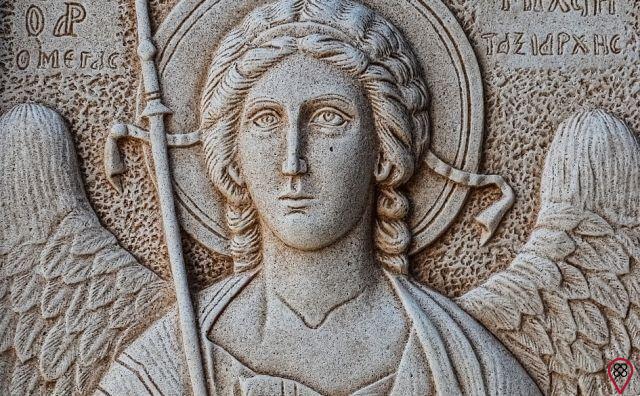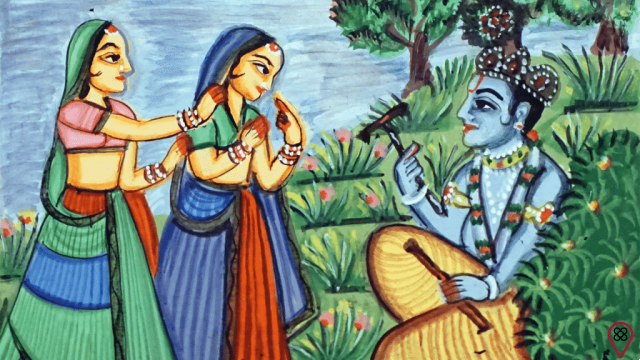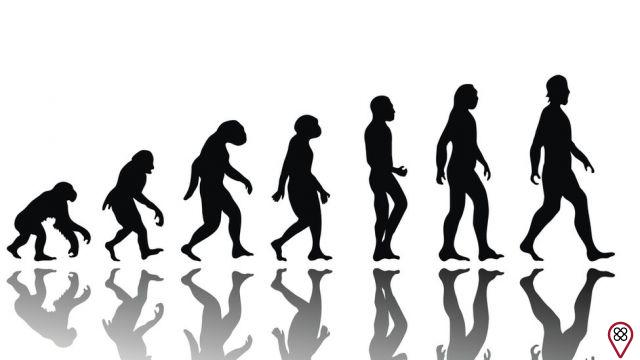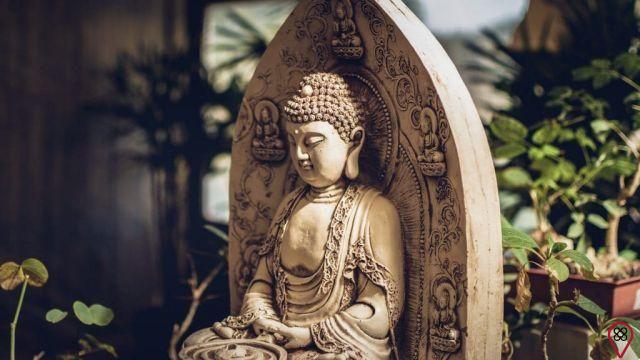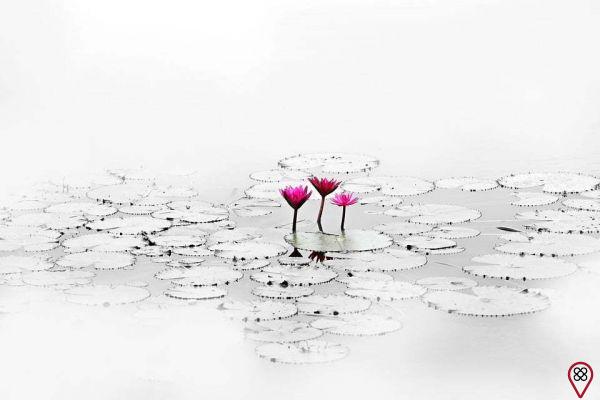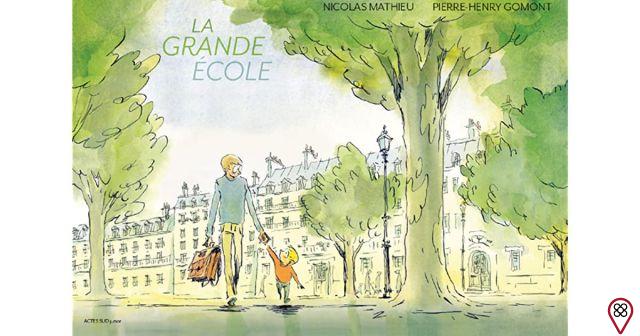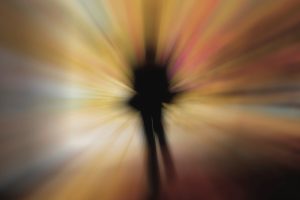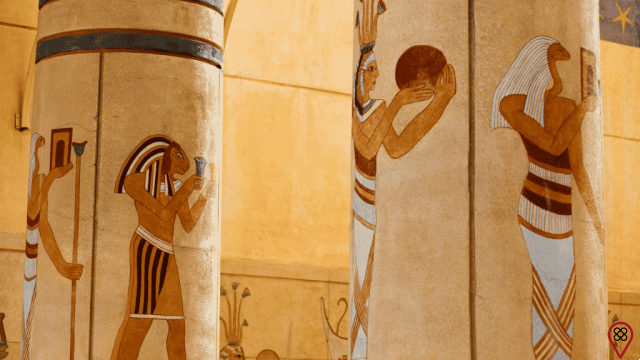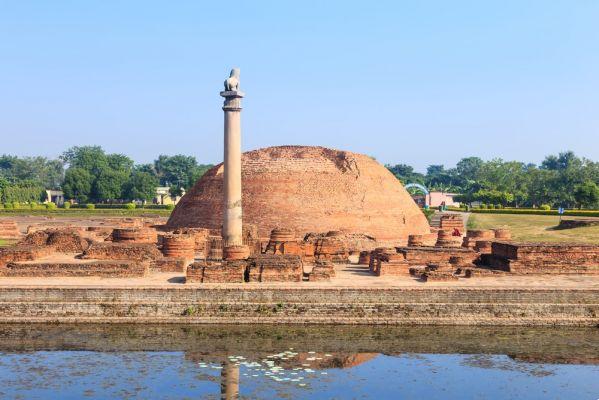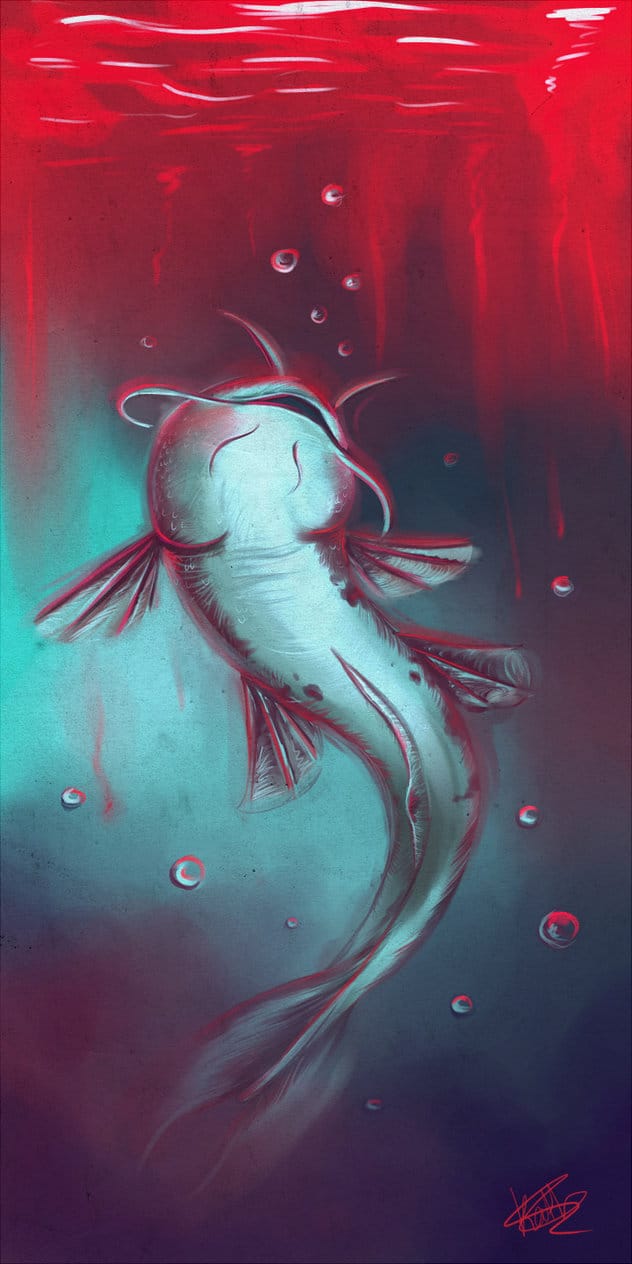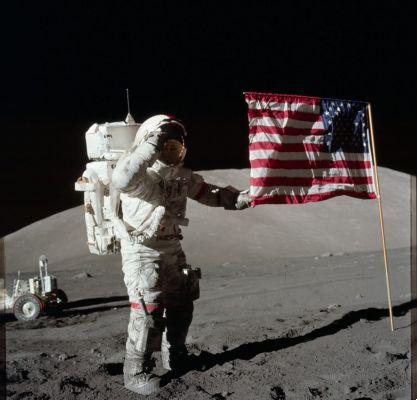What is emptiness? It is the very nature of the mind. But do not confuse the term emptiness with exactly “emptiness” or “the nothingness”. Mingyur says that many of the early translators of Buddhist Sanskrit and Tibetan texts misinterpreted the term emptiness as "the nothingness." And it is not so.
We have a natural fear of the idea of a nothingness or emptiness in our lives and in the universe itself. However, through meditations and the practice of Tibetan Buddhism, we have come to understand the sense of emptiness as an innate factor in life.
Emptiness is when the mind perceives nothingness and existential emptiness. There is no good or bad, strong or weak. When we perceive this balance and all sorts of possibilities contained in it (life itself and nature), a happiness never experienced before is present, as it is freed from any suffering or anguish. At some point in your life, you must have felt that your mind was free of judgments or any “details”, followed by a feeling of infinite possibilities. This is emptiness.
In the example below, Mingyur cites in the book “The Joy of Living” a disciple instructed in emptiness. This disciple is perplexed by the possibility of his own existence within emptiness, at the same time he finds himself with the possibility of “being nothing”.
Below, the snippet.
“Emptiness: the reality beyond reality”
Por YONGEY MINGYUR RINPOCHE
From the book "The Joy of Living - Discovering the Secret of Happiness"
“The sense of openness that people experience when they rest their minds is known in Buddhist terms as emptiness, which is probably one of the most misunderstood words in Buddhist philosophy. It is difficult enough for Buddhists themselves to understand the term, but Western readers find it even more difficult, as many of the early translators of Buddhist Sanskrit and Tibetan texts interpreted emptiness as “the Void” or nothingness—mistakenly relating emptiness to emptiness. the idea that nothing exists. Nothing could be further from the truth the Buddha sought to describe.
Although the Buddha did teach that the nature of the mind—indeed, the nature of all phenomena—is emptiness, he did not mean that its nature was truly empty, like a void. He said it was emptiness, which in Tibetan is composed of two words: tongpa-nyi. The word tonpa means “empty”, but only in the sense of something beyond our ability to perceive with our senses and our ability to conceptualize. Perhaps a better translation would be "inconceivable" or "which cannot be named". The word nyi, on the other hand, has no specific meaning in everyday Tibetan vocabulary. But when added to another word, it conveys a sense of “possibility” — a sense that anything can come, anything can happen. So when Buddhists talk about emptiness, they don't mean "the nothingness", but rather an unlimited potential that something has to arise, change or disappear.
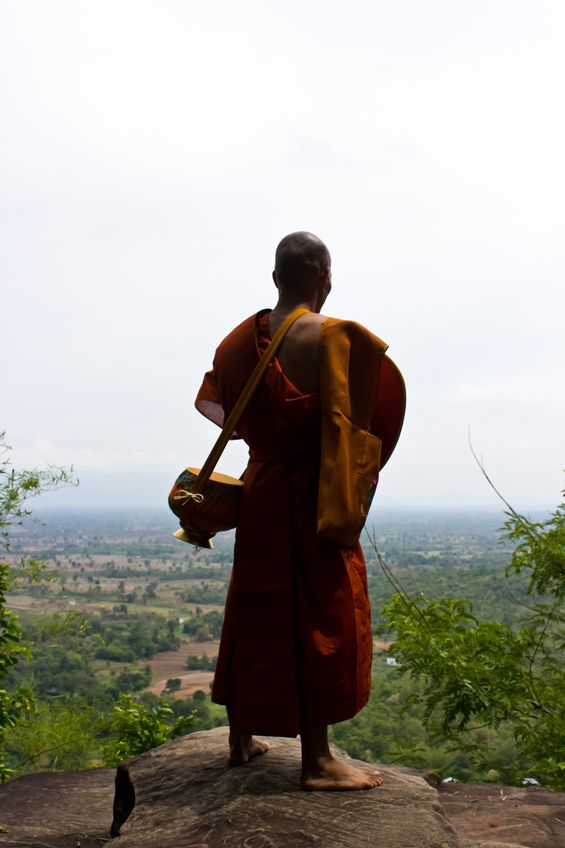
Perhaps we can use an analogy at this point with what contemporary physicists have learned about the strange and wonderful phenomena they observe when they examine the inner workings of an atom. According to physicists I've talked to, the basis of all subatomic phenomena is often called the vacuum state, the lowest energy state in the subatomic universe. In the vacuum state, particles continually appear and disappear. So, while seemingly empty, this state is actually very active, filled with the potential to produce something, anything. In this sense, the vacuum shares certain characteristics with the “empty quality of mind”. Just as the vacuum is considered “empty” but at the same time is the source from which all sorts of particles arise, the mind is essentially “empty” in the sense that it defies absolute description. However, all thoughts, emotions and sensations perpetually arise from this undefinable and incompletely known ground.
Since the nature of your mind is emptiness, you have the potentially limitless ability to experience a variety of thoughts, emotions, and sensations. Even misunderstandings about emptiness are nothing but phenomena that arise from emptiness! A simple example can help you get some understanding of voidness on an experimental level. A few years ago, a student came to me asking for teachings on emptiness.
I gave him the basic explanations and he seemed quite pleased—electrified, even. “This is so cool!” he exclaimed at the end of our conversation. My own experience has taught me that emptiness is not so easy to understand after a lesson, so I suggested that he spend the next few days meditating on what he had learned. A few days later, the student arrived unannounced outside my room with an expression of horror on his face. Pale, hunched over, and shaking, he staggered into the room, like someone testing the floor in front of him to see if it wasn't quicksand.
When he finally stopped in front of me, he said, “Rinpoche, you told me to meditate on emptiness. But the night before, it occurred to me that if everything is emptiness, then the whole building is emptiness, the floor is emptiness, and the floor beneath the floor is emptiness. If that's the case, why don't we all sink down and fall into the depths of a hole in the ground?”
I waited until he finished talking. So I asked, “Who would fall?” He thought about it for a moment and his expression completely changed.
“Ah,” he exclaimed, “I see! If the building is emptiness and the people are emptiness, there is no one to fall into and nothing to fall through.”
He let out a long breath, his body relaxed and the color returned to his face. So I suggested that he go back to meditating on emptiness with this new understanding.
Two or three days later he returned to my room without warning. Again pale and shaky, he entered the room and it seemed quite evident that he was doing his best to hold his breath for fear of exhaling. Sitting in front of me, he said, “Rinpoche, I meditated on emptiness as you instructed and understood that just as the building and the ground are emptiness, so am I emptiness. But as I kept following this line of meditation, I kept going deeper and deeper, until I was no longer able to see or feel anything. If I am nothing but emptiness, I am afraid of dying. So I ran to see him today. If I am just emptiness, then basically I am nothing, and there is nothing to stop me from dissolving into emptiness.”
When I saw that he was finished, I asked, “Who would dissolve?”
I waited a few moments for him to absorb the question and pressed a little more: “You're confusing emptiness with emptiness. Almost everyone makes the same mistake in the beginning, trying to understand emptiness as an idea or a concept. I made that mistake myself. There is no way to understand emptiness conceptually. You can really recognize it only through direct experience. I'm not asking you to believe me. All I'm saying is, the next time you sit down to meditate, ask yourself, 'If the nature of everything is emptiness, who or what can dissolve? Who or what is born and who or what can die?' Try this and you might be surprised at the answer.” With a sigh, he agreed to try again.
Several days later, he returned to my room, smiling quietly as he announced, "I think I'm beginning to understand emptiness." I asked you to explain. “I followed your instructions, and after meditating on the matter for a long time, I realized that emptiness is not nothingness, because there must be something before there is nothing. Emptiness is everything—all imaginable possibilities of existence and non-existence occurring simultaneously. So, if your true nature is emptiness, then one cannot say that one really dies and one cannot say that one is really born, because the possibility of being a certain way and not being a certain way is present within us in every moment.”
“Very well,” I said. “Now forget everything you just said, because if you try to remember exactly that, you'll turn everything you've learned into a concept and we'll have to start all over again.”
The term can be understood in this part of the book. Being part of this infinite universe and being able to understand the emptiness present in everything, makes life itself able to be lived and understood without judgments or a feeling of possession. We are passing beings and we came to fulfill our mission.”
Written by Bruno Melo of the Eu Sem Fronteiras Team.



